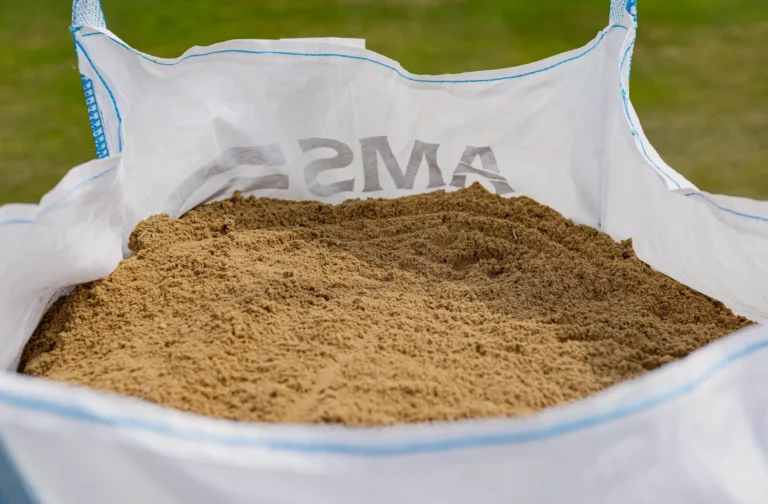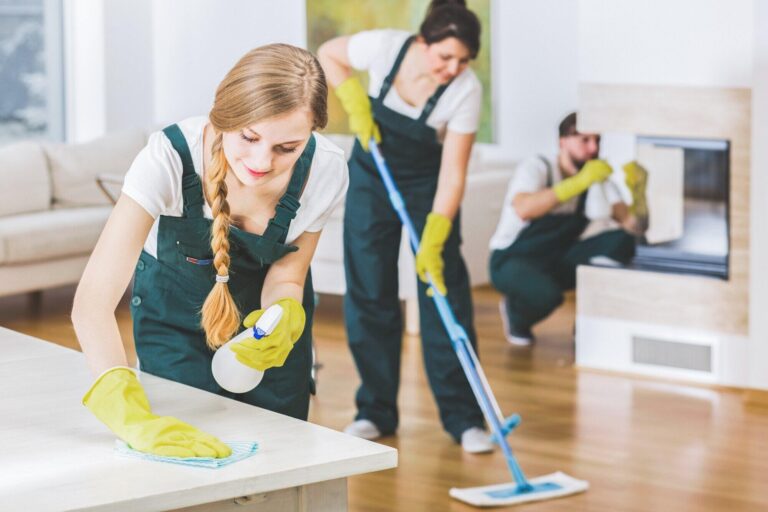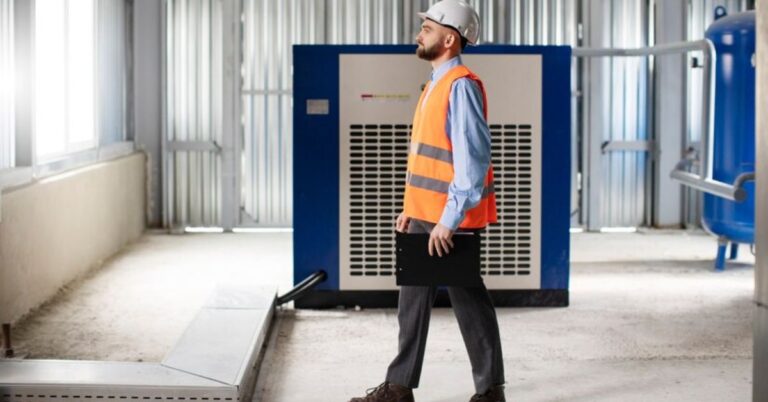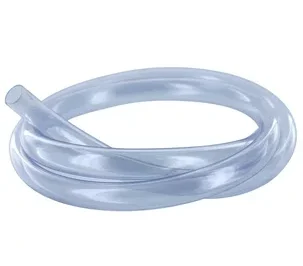Enhance Your Appliance Longevity and Cut Costs with These Easy Tips
Household Appliance Longevity are indispensable. They save us time, effort, and, often, money. But did you know that extending the lifespan of your appliances can have significant environmental and economic benefits? By making them last longer, you not only conserve resources but also keep them out of landfills, contributing to a sustainable future. This blog post will show you how simple practices can make a difference to your wallet and the planet. From regular maintenance to proper usage, energy efficiency, and troubleshooting, let’s explore how you can prolong the life of your beloved appliances.
Regular Maintenance Matters
Maintenance is the backbone of a Appliance Longevity. Most appliances come with a recommended maintenance schedule, and sticking to it can prevent minor issues from escalating. For example, regularly cleaning the lint filter in your dryer can prevent fire hazards and ensure efficient operation. Similarly, vacuuming the coils at the back of your refrigerator can enhance its cooling efficiency and prolong its life.
Dishwashers benefit from regular descaling to prevent lime deposits, while washing machines need their filters and hoses checked periodically. Keeping a simple checklist for each appliance and setting reminders can help you stay on top of these tasks. It might seem like extra work, but the payoff is worth it. Not only do you enjoy better performance, but you also avoid costly repairs in the future.
Finally, don’t overlook professional inspections. Even if everything seems to be running smoothly, a technician’s eye can catch potential problems early. An annual or bi-annual check-up can identify issues you might miss and offer peace of mind. Remember, an ounce of prevention is worth a pound of cure.
Using Appliances the Right Way
Proper usage is another critical factor in extending Appliance Longevity . Many people inadvertently misuse appliances, leading to premature wear and tear. For instance, overloading a washing machine can strain its motor and decrease efficiency. It’s always wise to follow the manufacturer’s guidelines on load capacity and detergents to avoid unnecessary damage.
Similarly, letting a fridge door remain open for too long forces the compressor to work harder, reducing its lifespan. Simple habits, like ensuring the door is fully closed and not placing hot food inside, can make a big difference. Over time, these small actions reduce wear and tear, ensuring your Appliance Longevity.
Pay attention to your oven and stove use as well. Avoid using metal utensils on non-stick surfaces to prevent scratching. Clean spills promptly to prevent corrosion and stubborn stains. Following these straightforward guidelines can keep your appliances in tip-top shape for years.
Navigating Energy Efficiency
Energy efficiency is not just about saving on your electricity bill; it also reduces stress on your appliances. By using energy-efficient settings, you can ensure your appliances aren’t overworking. For example, using cold water settings on your washing machine can significantly reduce energy consumption and extend the life of the heating element.
Most modern appliances come with eco-friendly settings that conserve water and energy. Take advantage of these options whenever possible. For refrigerators, setting the temperature to the manufacturer’s recommended level ensures that you’re not overcooking, which can be both wasteful and harmful to the appliance.
For ovens and dishwashers, using the energy-saving mode can reduce wear on the heating elements. The less strain you put on your appliances, the longer they’ll last. Plus, you’re doing your bit for the environment by reducing your carbon footprint.
Mastering the Art of Troubleshooting
Knowing how to troubleshoot common problems can prevent small issues from snowballing into major repairs. If your refrigerator isn’t cooling properly, check the temperature settings and door seals before calling a repairman. Similarly, if your washing machine isn’t spinning, inspect the lid switch or door latch, as these are common culprits.
Although minor issues may be addressed through a quick online search and a DIY fix, enlisting the help of a professional, such as those in Ogden, is typically the safest option for more complex appliance repair problems. Always prioritize safety by consulting the manual before attempting any repairs. If you’re uncertain, it’s wise to call in a professional to prevent any further complications.
Understanding common appliance issues empowers you to take proactive measures. By catching problems early, you can prevent them from developing into costly repairs or replacements. This not only saves money but also ensures your appliances serve you well for years to come.
Replacement vs. Repair
When an appliance breaks down, the decision between repair and replacement can be tricky. Consider the appliance’s age, the cost of repair, and its energy efficiency. A general rule of thumb is if the repair costs more than 50% of a new appliance, it’s time to consider replacement.
However, for newer appliances that are still under warranty, opting for repair makes financial sense. Additionally, repairing an appliance is often the more environmentally friendly option, reducing waste and conserving resources. Weighing these factors carefully can guide your decision.
It’s also worth considering advancements in technology. Newer models often offer better energy efficiency and features, which can offset the initial cost over time. Ultimately, it’s a balance between cost, convenience, and sustainability.
Conclusion
In summary, prolonging the Appliance Longevity is a win-win for your wallet and the environment. With regular maintenance, proper usage, energy-efficient practices, and an understanding of troubleshooting, you can enjoy the benefits of your appliances for years. And when it comes to deciding between repair and replacement, consider all factors to make an informed choice.
These small, consistent practices add up to significant savings and reduce your carbon footprint. For those looking to explore more on this subject, consider consulting your appliance manuals or seeking professional advice tailored to your specific needs. Remember, the more you care for your appliances, the more they’ll care for you.







